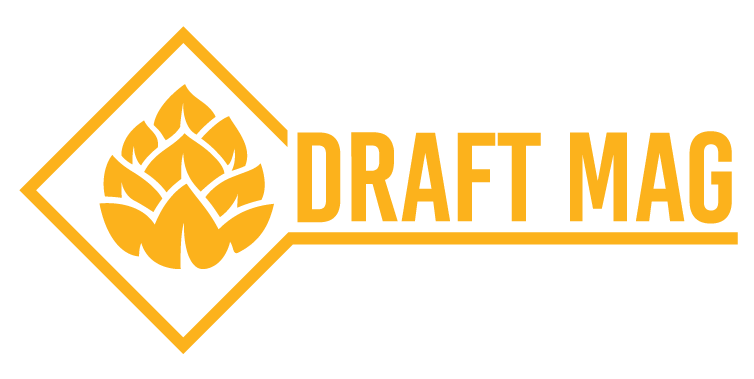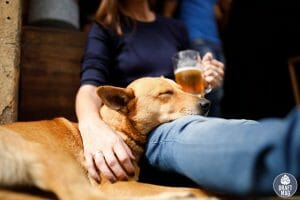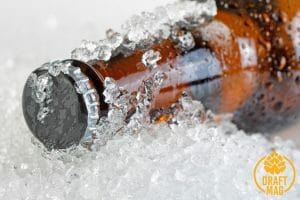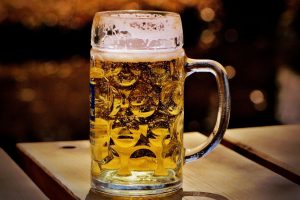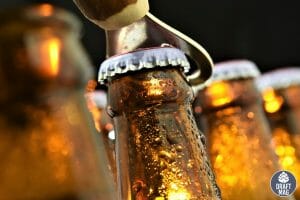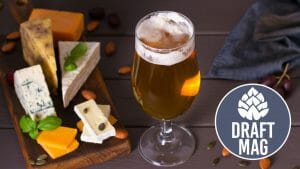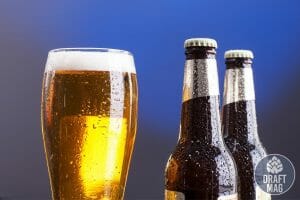Does Beer Have Caffeine? A Close Look at Their Relationship
“Does beer have caffeine?” is one of the widely asked questions by beer enthusiasts who are sensitive to caffeine. Alcohol and caffeine might appear similar due to their cultural significance, but they are quite different in their production method.
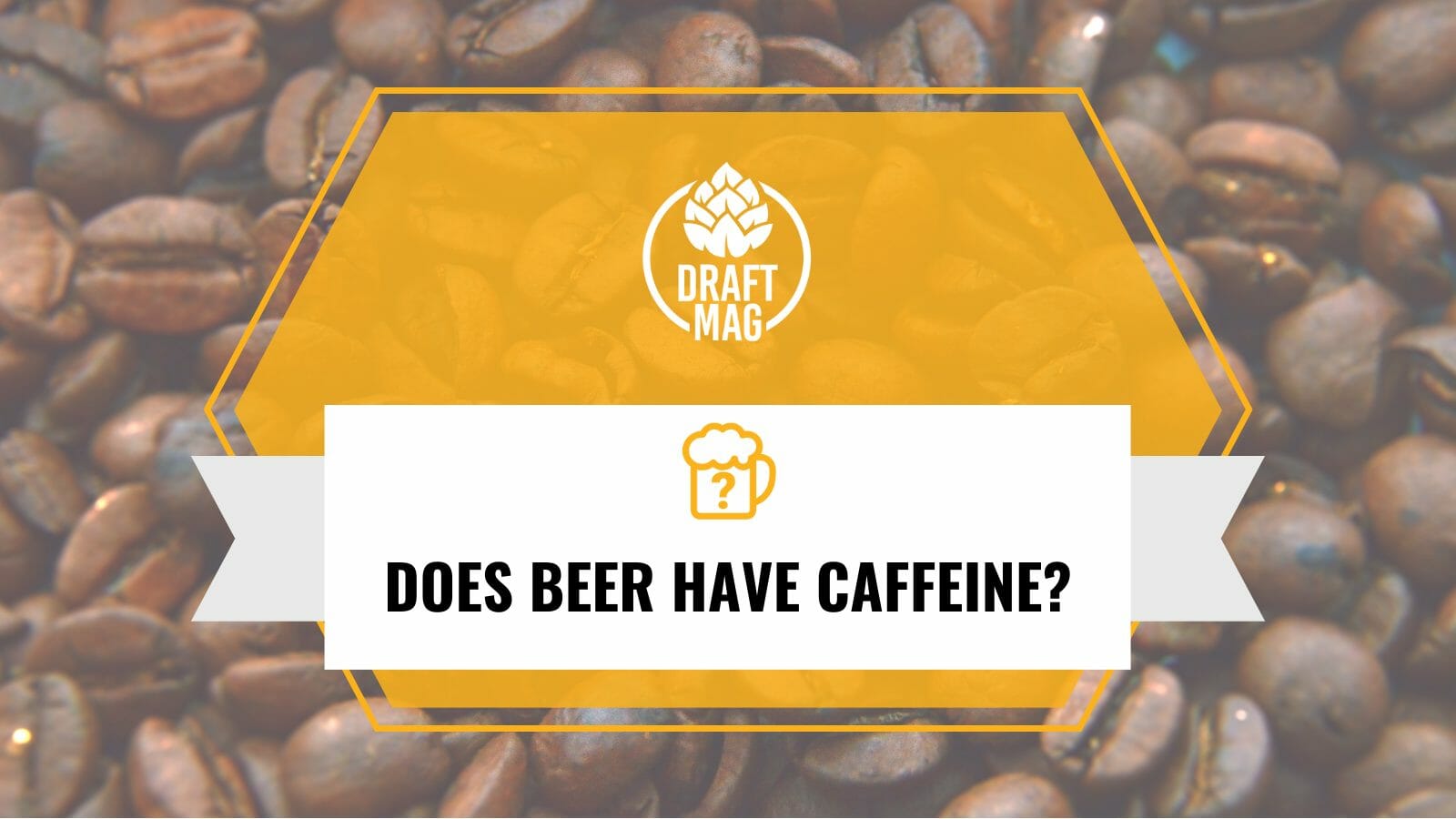
The fermentation process makes beer alcoholic but prevents it from producing caffeine. Relax with a chilled beer as this guide helps you explore the science of caffeine and beer.
Does Beer Contain Caffeine?
No, regular beer does not have caffeine. Beer is traditionally brewed from four major ingredients, which are yeast, hops, grains and water, but caffeine is not present. However, beer may contain caffeine if it is flavored with ingredients like chocolates or coffee.
– How Brewing Affects the Caffeine Content of Beers
The brewing of beer is an amazing example of ingredients transforming into something else through chemical reactions. It involves the fermentation of ethanol in the presence of yeast. Yeast can convert a mixture of hops, malted grain and water into a carbonated, alcoholic drink loaded with aromatic flavor compounds.
However, unlike alcohol, caffeine is an organic compound produced by fungi and lining plants, implying that it can’t be produced during the fermentation process by yeast. So, since hops or grains do not contain caffeine, beer can only contain caffeine through additives or flavoring.
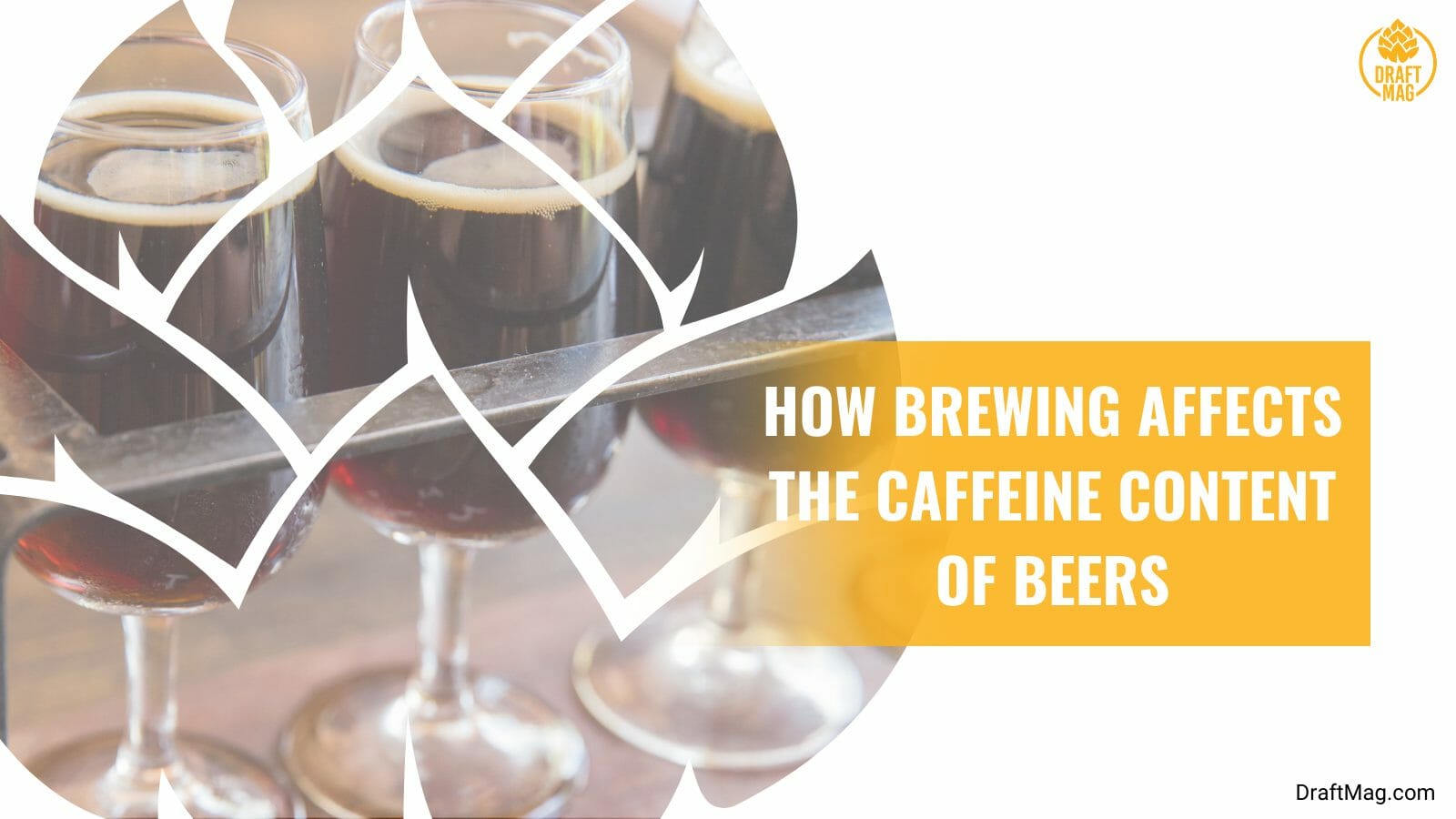
Additionally, the United States government in 2010 claimed that adding large amounts of caffeine in alcoholic beverages is unsafe. Therefore, while mildly caffeinated coffee beers are still available, don’t anticipate getting any highly caffeinated malt beverages.
– Coffee Beers
While most coffee beers always contain coffee, the amount of caffeine is mentioned. However, according to most breweries, coffee flavored beers can contain up to 50 milligrams of caffeine per 12-fluid ounce bottle. Compared to the 70-140 milligrams of caffeine present in an average cup of coffee, you’ll realize that adding coffee is majorly for flavor rather than the effect of caffeine.
Like any flavored beer, coffee is added to any coffee-flavored beer while brewing. It is always added after fermentation has taken place and this makes the beer contain a little bit of caffeine.
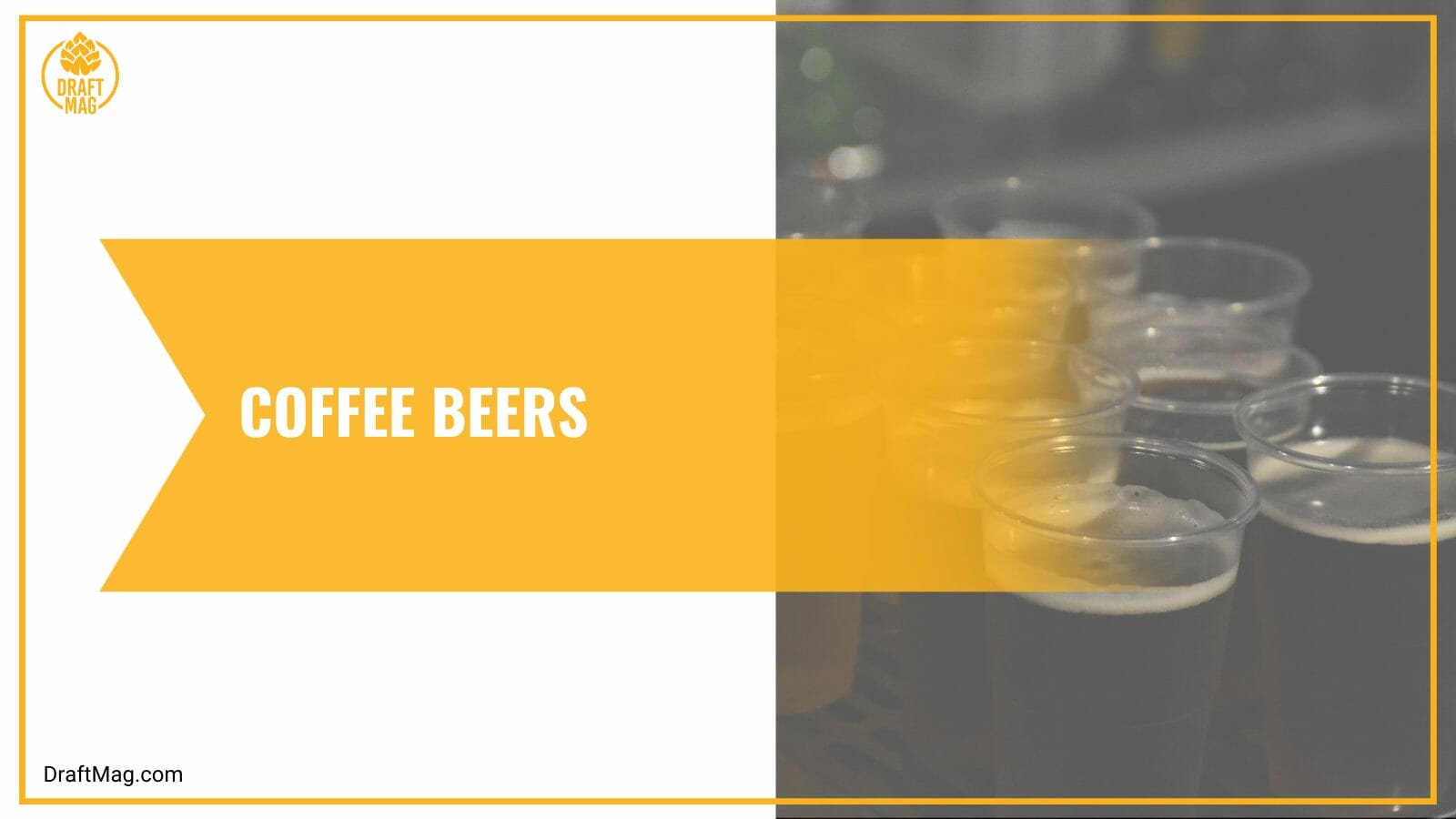
However, the amount of caffeine present in a coffee-flavored beer depends on how much coffee was added to the beer and how it was added. While some recipes grind up roasted coffee beans and add them straight to the fermenter after active fermentation, enabling the taste from the beans to soak into the beer, others immediately add cold-brewed coffee to the beer before it is packaged into kegs, bottles, or cans.
Coffee beer will keep you awake. However, it is not the caffeine present in the beer that will keep you awake, it is the alcohol present in the beer that is responsible for keeping you awake. Even if the quantity of caffeine in a coffee beer is far too small to impact your sleep, a rising number of studies show that consuming alcohol during the hours before bed may negatively impact the quality of sleep a person gets.
– Mixing Alcohol and Caffeine
In 2010, the FDA and FTC sent warning letters to many businesses that added caffeine to their drinks. Beverages like Charge, Moonshot, FourLoko, Joose, and Max were considered dangerous. Many businesses that advertised these drinks have now altered their formulas to eliminate additional caffeine. The CDC claims that a high amount of caffeine in alcohol can mask the depressive effects, making drinkers feel more alert and less intoxicated than they are.
This can result in more frequent and hazardous alcohol-related accidents. Due to the high alcohol and caffeine content of many of the drinks on the list above (12 percent alcohol by volume and more than 500 milligrams of caffeine). These effects were particularly hazardous. These amounts have frequently been compared to consuming five cups of coffee and a six-pack of beer all at once.
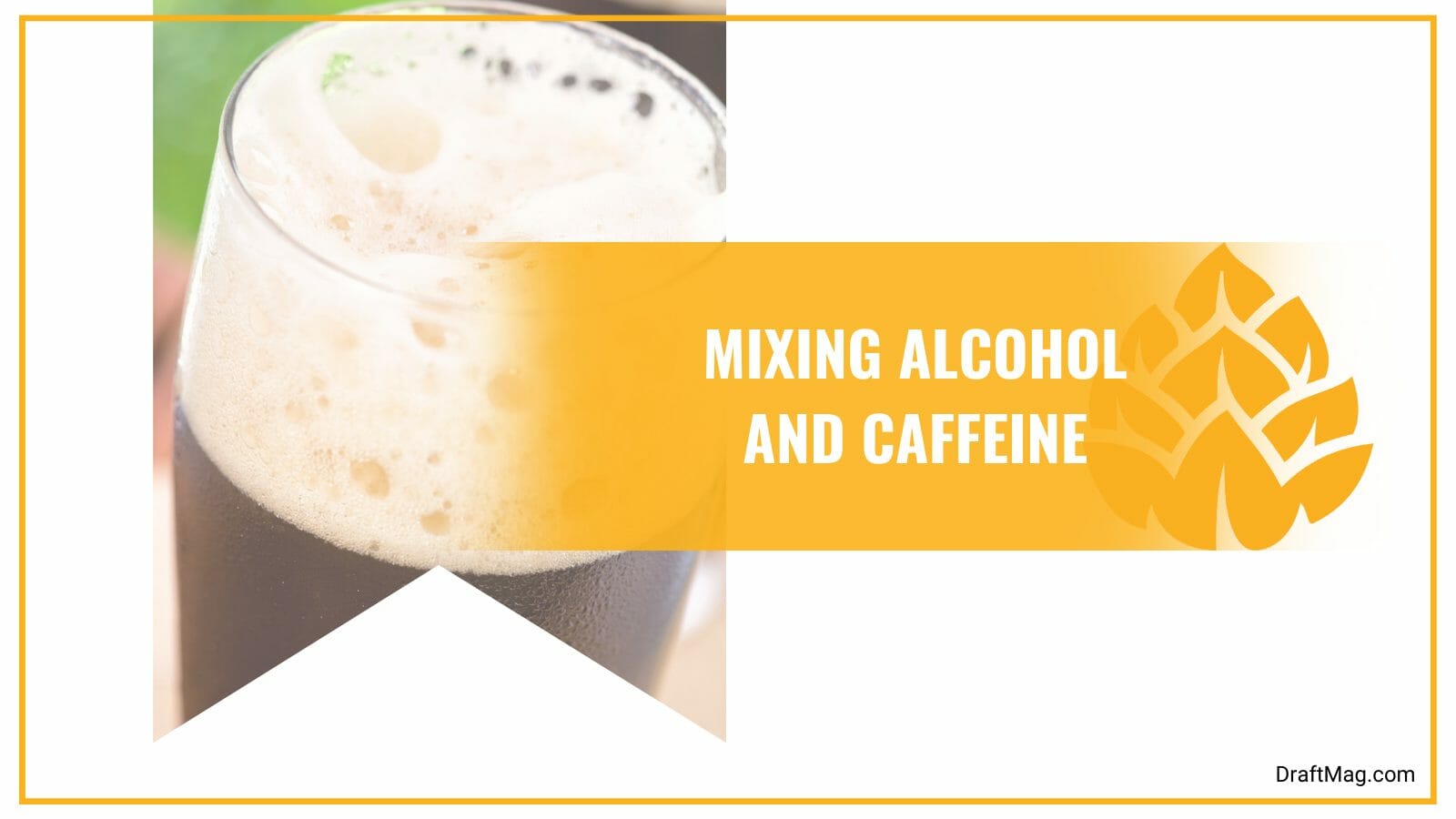
Despite this, the little amounts of caffeine and far lower alcohol content in coffee stouts are well below those of the popular caffeinated alcoholic drinks consumed before the 2010 ban. Even though it’s still important to drink safely and monitor your alcohol intake, you don’t need to worry about the trace amounts of caffeine contained in coffee stouts without added caffeine.
What Beers Have Caffeine?
Beers that contain caffeine include coffee beers, chocolate beers, and tea-infused beers. Since beer will never contain caffeine other than adding caffeinated flavoring, it is safe to presume that any beer featuring a caffeinated ingredient may contain small amounts of caffeine.
Aside from coffee, other ingredients that contain caffeine are yaupon holly, guayusa, Guayana berries, Yerba mate, kola nuts, tea, chocolate and over 60 plants. Some of the beers containing caffeine include:
– Coffee Beers
This is the most common ingredient used in adding caffeine to beer, and the most common answer to the question “What alcohol has caffeine?” Coffee is also the flavoring with the highest amount of caffeine. These are some of the popular coffee beers available in the market:
- Funky Buddha Maple Bacon Coffee Porter
- Left Hand Milk Stout
- Founders Kentucky Breakfast Stout
- Harpoon Dunkin’ Coffee Porter
- Guinness Nitro Cold Brew Coffee Stout
– Chocolate Beers
Even though many beers are marketed as being chocolate beers, the majority of them lack caffeine and chocolate. Instead, a type of dark malt that closely resembles the flavors of chocolate is frequently used to create chocolate beers.
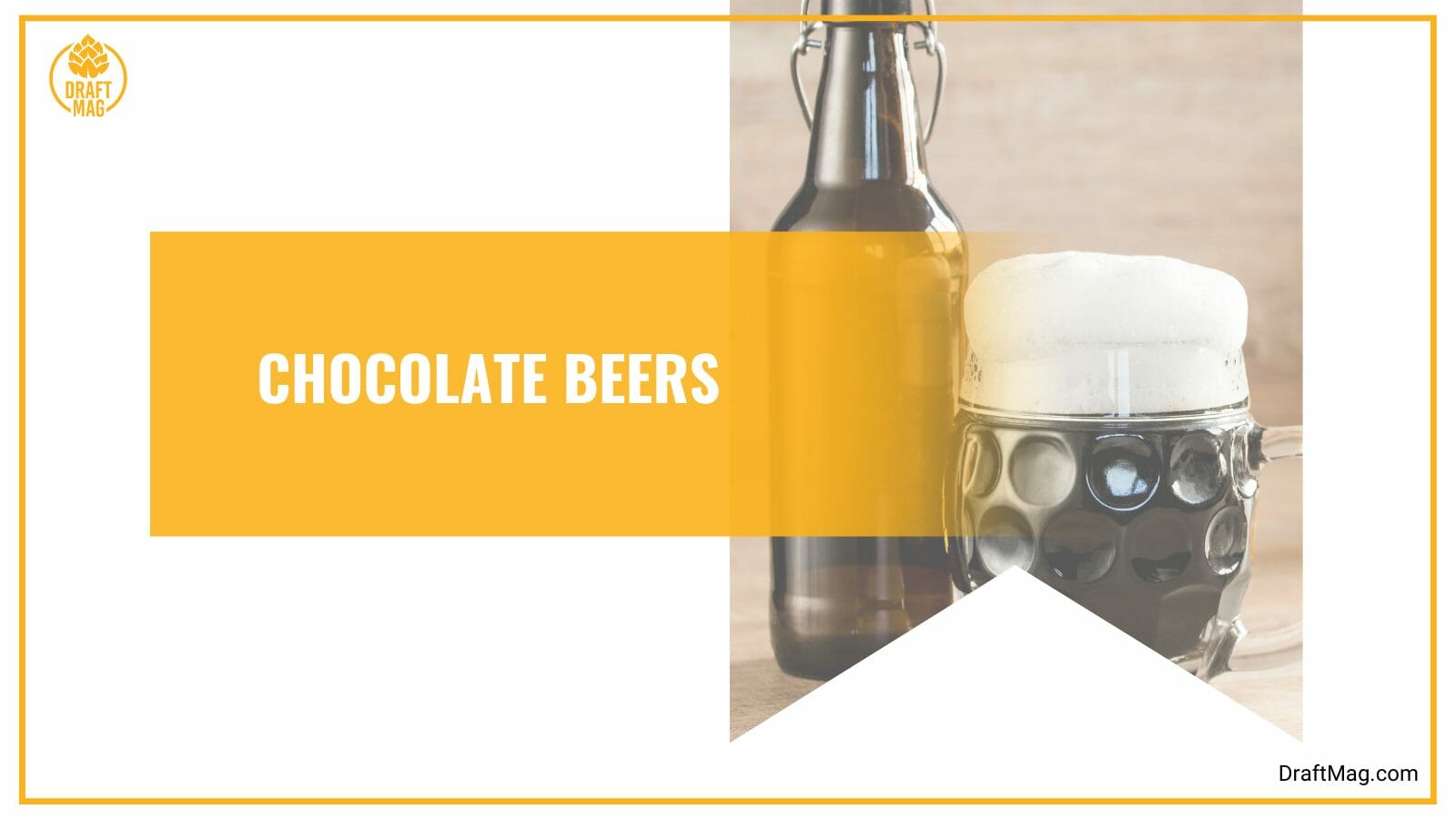
Nevertheless, some beers do contain actual chocolate. However, even these will only have a very small amount of caffeine because very little chocolate is used to flavor them. For instance, each 12- ounce bottle of a 5-gallon batch of homebrew would have less than 1 mg of caffeine if you added 2- ounces of baker’s chocolate.
These are some chocolate beer that contains actual chocolate:
- Southern Tier Brewing Choklat Imperial Stout
- Cascade Brewing Cocoa Cardamom
- Dogfish Head Theobroma
- Sam Smith Organic Chocolate Stout
- Yuengling Hershey’s Chocolate Porter
– Tea-Infused Beer
Tea-infused beer is an emerging trend with a similarly low concentration. Stu McKinley, the owner of Yeastie Boys Brewing Company, uses 0.5 ounces of tea per gallon, which results in less than a milligram of caffeine per bottle.
Like coffee stouts, the amount of caffeine in tea-infused beers will vary widely depending on the infusion method and the type of tea used, but it is usually hardly detectable. Some examples of beer infused with green tea, Yerba mate and black tea include:
- Shipyard Brewing Co. TeaBrew
- Three Taverns Lord Grey
- Garage Brewing Co. Jasmine Green Tea-Bird
- Four Peaks Senchado Green Tea Lager
- Milwaukee Brewing Co. O Gii
Can Beer Prevent You From Sleeping?
No, beer cannot prevent you from sleeping. We recommend you refrain from using beer for this purpose if your goal is to stay awake. In terms of how beer affects people, it can vary. When you take one or two glasses of beer, it makes you feel relaxed and tired.
However, when you consume more over time, you will start to feel the effects of intoxication and grow tired while at the same time being prevented from getting a good night’s sleep. At first, this can have the opposite effect and give you a lot of energy.
– Why Is It Difficult to Sleep When Drunk?
It is difficult to sleep when one is drunk because alcohol interferes with our sleep cycles by negatively impacting our biological clocks and restricting melatonin (the body’s natural hormone that promotes sleep) from being produced. Being drunk also means you get a less restful sleep than normal.
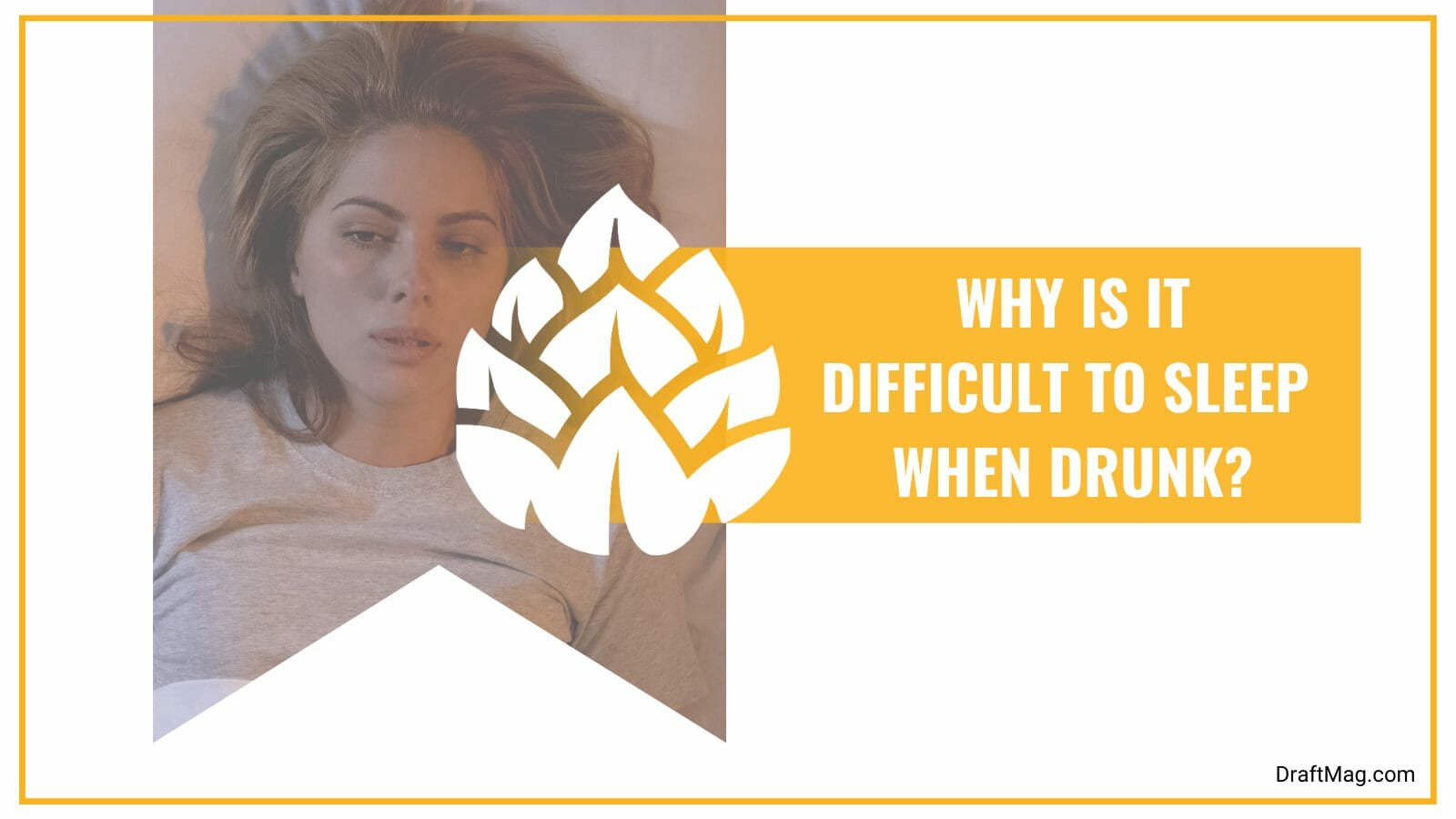
As alcohol has a sedative effect on our bodies, most people will find that they fall asleep quickly when drinking. However, as the alcohol is metabolized, you experience a rebound effect where you no longer sleep deeply and move into the light sleeping stage, where you are easily woken. For this reason, most people do not sleep well throughout the night after consuming a large amount of alcohol.
– Caffeine, Sleep and Coffee Beer
The role of adenosine in the body is to make the body sleepy. The amount of adenosine in the body goes up as the day runs by. The more the amount of adenosine in your body, the more you feel tired and you will eventually fall asleep. The level of adenosine falls to normal when you fall asleep.
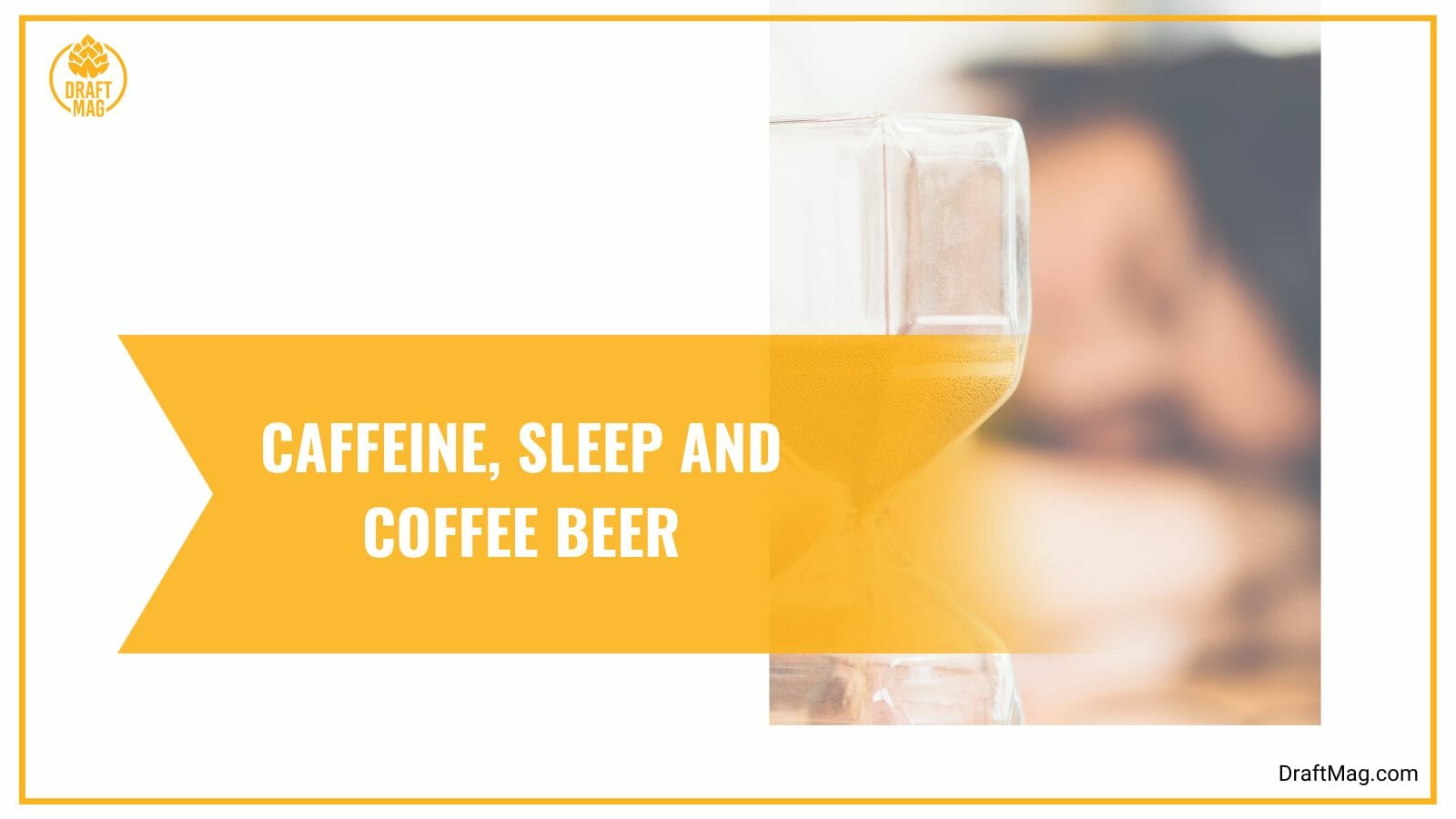
If you don’t get enough sleep, you’ll feel groggy and tired because the level of adenosine in the body is still quite high. Many people feel they can conquer this by drinking coffee beer or tea because caffeine helps block the adenosine receptors. By blocking your adenosine receptors, the adenosine can’t do its job and your body believes that there is a low amount of adenosine in your body and thus, you will feel more alert.
However caffeine stays in your system for a longer time, it can still help you stay alert even if you feel it has stopped working. This is why it is not advisable to drink coffee beer or caffeinated beverages before going to bed because they can lead to insomnia. The alcohol in beer increases the level of admission in the body, so when you drink caffeinated beers, it can cause increased alertness and extreme tiredness, ending with a bad night’s sleep.
FAQ
– Do Wines Have Caffeine?
No, wine doesn’t have caffeine in it. Wine doesn’t contain any ingredients that would give it caffeine. Wine is a kind of alcohol and alcohol has a depressive effect on the body, while caffeine is stimulant and has different functions, one of which is increasing heart rate.
Chocolate (especially dark chocolates), tea and coffee all contain caffeine in varying degrees. Different caffeine pills and energy drinks also have caffeine in high doses. The amount of caffeine in these consumables differ, with coffee having the largest followed by tea, and chocolate having the smallest amount of caffeine.
When you consume caffeine, you will stay awake and alert. Caffeine keeps you physically active, which causes us to walk around a lot. This answers the question “Does wine have caffeine?”
Conclusion
As beer lovers, you need to know if the caffeine in beer is good for you; caffeine in beer is not a bad try, as it can help you stay active and alert. With our guide, you’ve learned that beer does not naturally contain caffeine but that, in some cases, it can contain it.
- Beer does not have caffeine. Beer is traditionally brewed from four significant ingredients: yeast, hops, grains and water but caffeine is not present.
- Caffeine is an organic compound produced by fungi and lining plants, implying that it can’t be produced during the fermentation process by yeast.
- However, beer may contain caffeine if it is flavored with ingredients like chocolates or coffee.
- Aside from coffee, other ingredients that contain caffeine are yaupon holly, guayusa, Guayana berries, Yerba mate, kola nuts, tea, chocolate and so on.
- Even if the quantity of caffeine in a coffee beer is far too small to impact your sleep, a rising number of studies show that consuming alcohol during the hours before bed may negatively impact the quality of sleep a person gets.
Grab a coffee beer today and enjoy the goodness that comes with it. We recommend that you drink in moderation to avoid any untoward experiences.
